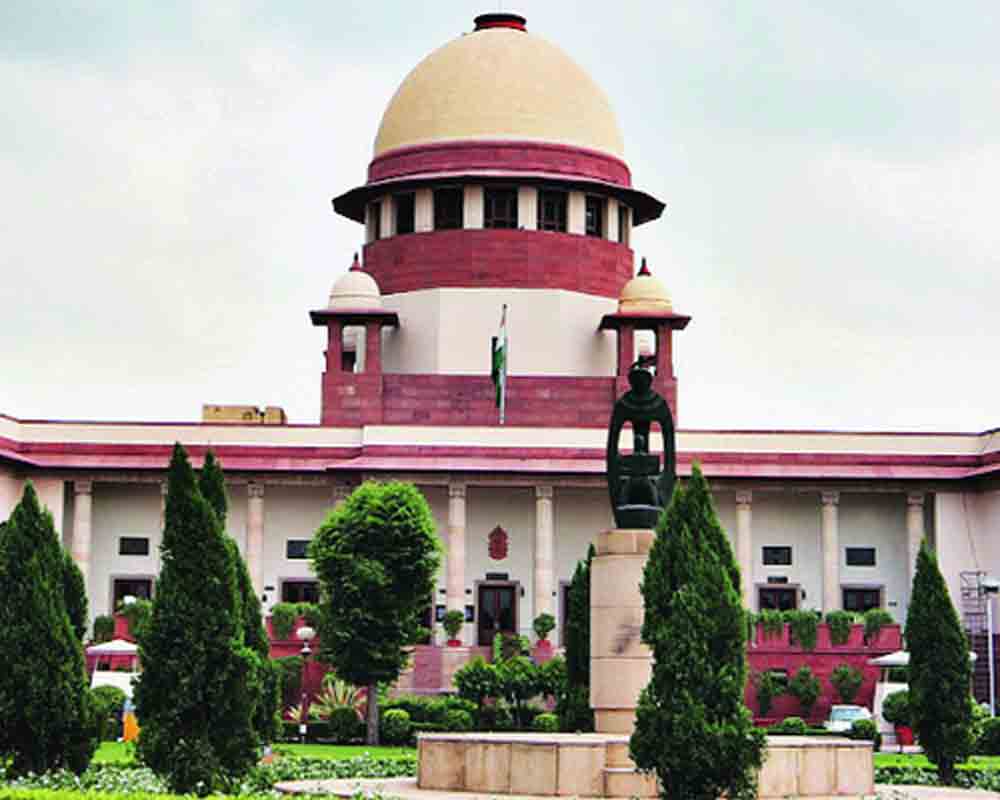The collegium and Govt have cleared the names of new SC judges. It would speed up verdicts
At last, the Learned Brothers in the Supreme Court collegium solved the 21-month pending grave issue of non-appointment of judges. In most cases, the blame for the delay in filling vacancies in the High Courts and Supreme Court falls on the Government which is the link between the appointment of authority — the President. But here, the top five judges could not finalise the list of new appointments in their own court and the vacancies rose to 10 in the top court with the total strength of 34 judges. It is known that just-retired Justice Rohinton Nariman was objecting to certain criteria, and the other four judges were opposing his version. Within days of Justice Nariman’s retirement, the new collegium approved nine persons to be elevated to the Supreme Court and the Government in no time processed the recommendation. Among the new judges who are taking oath on August 31, there are interesting facts. For the first time, three women judges have been selected to the apex court. Among them, Justice BV Nagarathna is expected to be the first woman Chief Justice of India by September 2027 as per seniority. This will make history.
The current collegium also deserves credit for speeding up the selection process when the country’s top court was witnessing several vacancies. Now, the only vacancy is the one created after the new list. We sincerely hope that the collegium keeps up its determination in speeding up the process of filling vacancies coming up in 2022-2023. The vacancies in the top court will only affect the delivery of justice across India. Similar is the case with the vacancies in the High Courts and lower courts. At the end of the day, people suffer due to these vacancies. Here, the only viable solution is the speedy functioning of collegiums of the Supreme Court and High Courts in tandem with the Government’s processing mechanism. For the past few weeks, the apex court is seized of the matter of vacancies in tribunals, too. Here, the problem is with the Government which is sitting on issuing appointment papers to judges in tribunals after the courts finish the selection process. Meanwhile, the Government has come up with an amendment Act on the issue. These unwarranted tussles between the judiciary and Government will ultimately delay the delivery of justice, besides policy paralysis.


























